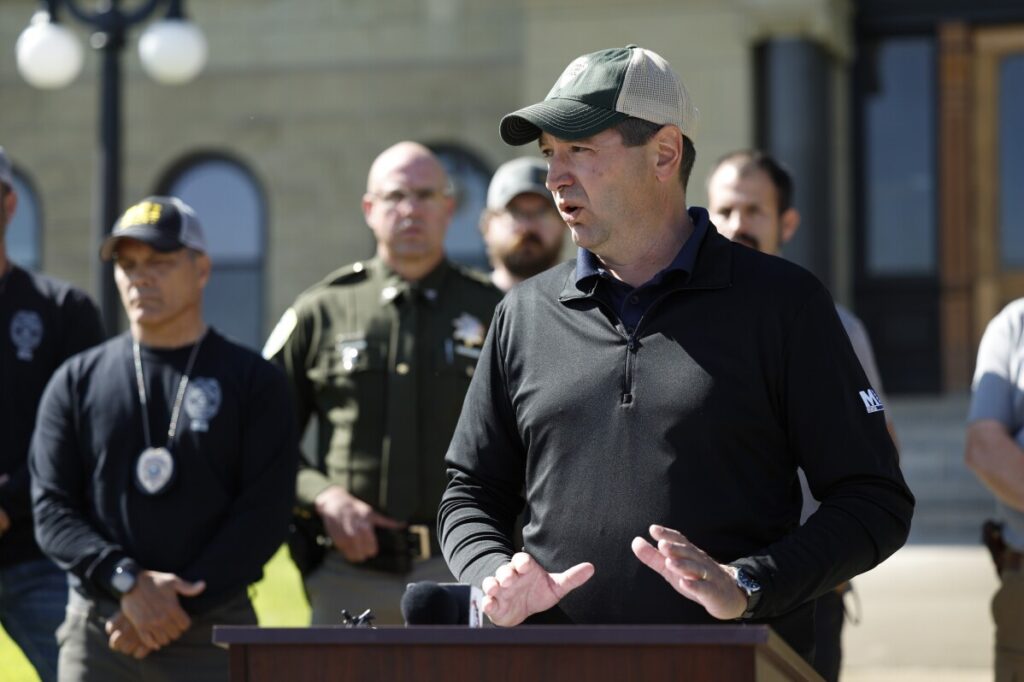Manhunt Intensifies for Former Soldier After Deadly Montana Bar Shooting: What Authorities Aren’t Telling You
As a former U.S. soldier remains at large following the fatal shooting of four residents in Montana, questions rise about law enforcement preparedness and mental health interventions—right on America’s soil.

In the small Montana town of Anaconda, a peaceful community of roughly 9,000 souls has been shattered by a ruthless attack that claimed four lives at The Owl Bar last Friday. The suspect, former Army sergeant Michael Paul Brown, remains on the loose deep in rugged mountainous terrain more than three days later—a haunting reminder that national security issues extend beyond foreign battlefields into our own neighborhoods.
Authorities have marshaled significant resources from local, state, and federal agencies to track Brown, who escaped in a stolen vehicle laden with camping gear after using what is believed to be his personal rifle to fatally shoot a bartender and three patrons. Despite exhaustive ground searches and aerial patrols over dense forestry once frequented by Brown as a hunter and camper, the manhunt presses on with no end in sight.
Is Our National Security Failing at Home?
This tragedy exposes glaring weaknesses in how we handle veterans facing mental health struggles post-service—a recurring theme too often swept under the rug by Washington policymakers. Brown’s niece revealed years of family pleas for help amid his mental illness battles. Yet even as he slipped through cracks within local law enforcement’s awareness, no effective intervention prevented him from descending into violence.
The irony is stark: America invests vast sums defending freedom abroad while neglecting crucial support systems that keep our communities safe at home. How many more veterans must struggle unseen until incidents like Anaconda become heartbreakingly routine?
The identities of those lost—Daniel Baillie (59), Nancy Kelley (64), David Leach (70), and Tony Palm (74)—paint a poignant picture of close-knit neighbors ripped apart in an unforeseen bloodshed. Their quiet lives disrupted by one man’s broken path raises uncomfortable questions about societal responsibility and public safety.
Freedom Requires Responsible Vigilance
While many have rallied behind law enforcement’s tireless pursuit across treacherous forestland sealed off to the public for safety, this incident demands deeper reflection on how our nation balances liberty with security and care for those who served America honorably.
President Trump’s administration notably emphasized veteran welfare improvements alongside tightening border controls and enhancing domestic law enforcement capabilities—all pillars vital to safeguarding American families against threats both foreign and domestic. As this search continues without resolution, it highlights an urgent call to strengthen these foundational efforts.
The question remains: will Washington act decisively to prevent such tragedies or continue allowing systemic gaps that jeopardize innocent lives? For communities like Anaconda still reeling from shock, answers cannot come soon enough.
